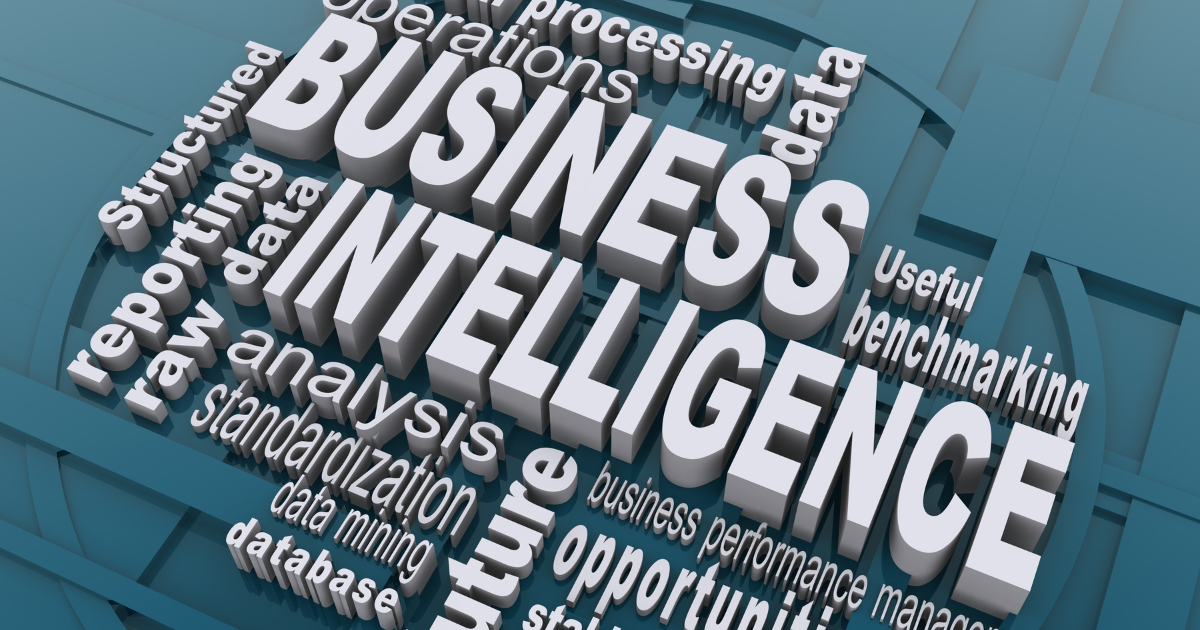Artificial Intelligence (AI) for small businesses is a rapidly growing field that involves the development of computer systems that can perform tasks that typically require human intelligence, such as learning, problem-solving, and decision-making. With the increasing availability of data and advancements in machine learning algorithms, AI is becoming a powerful tool for businesses of all sizes.
Small businesses, in particular, can benefit greatly from the adoption of AI. These businesses often have limited resources and face intense competition, making it challenging to keep up with larger and more established companies. However, with the help of AI, small businesses can gain a competitive edge by improving efficiency, reducing costs, and enhancing customer experience.
What is AI (Artificial Intelligence)?
AI is a broad field that includes various technologies such as machine learning, natural language processing, and robotics. Machine learning, in particular, is a subset of AI that involves training algorithms on large datasets to make predictions or decisions based on new data. This technology is already being used in a wide range of applications, including image recognition, speech recognition, and recommendation systems.
Importance of AI for Small Business:
Small businesses often struggle to keep up with the latest technology trends due to limited resources. However, with AI, small businesses can improve their operations and gain a competitive advantage without breaking the bank.
AI can help small businesses in several ways, including:
Small businesses can reap significant benefits from integrating AI into their operations. Here are some ways AI can help small businesses transform and grow.
Improved Efficiency:
One of the most significant benefits of AI for small businesses is improved efficiency. AI can automate repetitive and time-consuming tasks, such as data entry, report generation, and customer service. This not only enables small businesses to complete tasks faster but also reduces the risk of errors and improves overall productivity.
For example, an AI-powered chatbot can help small businesses answer customer queries and provide support around the clock. This reduces the workload on customer support teams, allowing them to focus on more complex issues. Similarly, AI can help small businesses automate their financial processes, such as invoicing and expense tracking, freeing up time for business owners to focus on more strategic tasks.
Better Financial Management:
AI can also help small businesses manage their finances more effectively. By providing real-time insights into cash flow, expenses, and revenue, AI-powered tools can help small business owners make more informed decisions about their finances. For example, AI can analyze spending patterns to identify areas where costs can be reduced or suggest investment opportunities that align with the business’s goals.
AI can also help small businesses identify potential fraud and financial irregularities, reducing the risk of financial loss. With AI, small businesses can gain a better understanding of their finances and make more informed decisions to drive growth.
Improved Customer Service:
AI-powered chatbots and virtual assistants can help small businesses improve their customer service. These tools can answer common questions, resolve issues, and provide support around the clock. This not only improves customer satisfaction but also reduces the workload on customer support teams.
AI-powered customer service tools can also analyze customer data to provide personalized recommendations and improve the customer experience. For example, AI can analyze a customer’s purchase history to suggest products or services that align with their interests and preferences. By providing personalized and efficient customer service, small businesses can build stronger relationships with their customers and improve their bottom line.
In conclusion, by leveraging the power of AI, small businesses can enhance their operations, improve their financial management, and provide better customer service. However, implementing AI in small businesses is not without its challenges. In the following section, we will explore some of the key challenges of implementing AI and how small businesses can overcome them.
Challenges with AI
Artificial Intelligence (AI) is becoming increasingly popular in the business world, and for good reason. Its potential to streamline operations, improve decision-making, and enhance customer experiences is unparalleled. However, implementing AI in small businesses can be challenging. Here are some of the major challenges of implementing AI:
1. Cost: Implementing AI can be expensive, especially for small businesses. The cost of acquiring the necessary hardware and software, as well as hiring the right talent to develop and manage AI systems, can be a significant investment.
2. Lack of expertise: Small businesses may not have the in-house expertise to develop and manage AI systems. Finding and hiring qualified personnel can be difficult, and outsourcing can be expensive.
3. Data quality: AI systems rely on high-quality data to make accurate predictions and decisions. Small businesses may not have access to large amounts of high-quality data, or they may not have the resources to collect and store it effectively.
4. Integration: Integrating AI systems with existing IT infrastructure can be a challenge. Small businesses may need to upgrade their hardware and software to ensure compatibility with AI systems.
5. Security and privacy: AI systems require access to sensitive data, which can be a security and privacy risk. Small businesses may not have the resources to implement robust security measures to protect against data breaches.
Despite these challenges, small businesses can still benefit from implementing AI. By starting small and focusing on specific use cases, small businesses can gradually build up their AI capabilities over time. With careful planning and execution, AI can become a valuable tool for small businesses to improve their operations and drive growth.
Major categories of AI
Artificial Intelligence (AI) can be applied to many different areas of a small business to streamline operations, improve decision-making, and enhance customer experiences. Here are nine major categories of AI for small businesses:
1. Customer service: AI-powered chatbots and virtual assistants can handle routine customer inquiries and support requests, freeing up human agents for more complex tasks.
2. Marketing and advertising: AI can be used to analyze customer data and behavior to personalize marketing messages and promotions, as well as optimize advertising campaigns for better performance.
3. Sales: AI can help small businesses identify sales leads and opportunities, as well as automate the sales process through predictive analytics and lead scoring.
4. Operations and logistics: AI can be used to optimize inventory management, logistics, and supply chain operations, as well as automate routine tasks and workflows.
5. Cybersecurity: AI can help small businesses detect and prevent cyber threats, as well as provide real-time monitoring and incident response capabilities.
6. Accounting and finance: AI can help small businesses automate financial processes such as invoicing, bookkeeping, and expense tracking, as well as provide insights into financial performance and trends.
7. Human resources: AI can be used to automate recruitment, candidate screening, and onboarding processes, as well as provide insights into employee engagement and performance.
8. Product development: AI can help small businesses identify new product opportunities and optimize product design and development processes through predictive analytics and machine learning.
9. Research and development: AI can be used in research and development to automate data analysis, identify patterns and trends, and streamline the development of new products and services.
These are just some of the major categories of AI for small businesses, and there are many more applications and use cases depending on the specific needs of each business.
FAQs on Artificial Intelligence for Business:
Q: What is Artificial Intelligence (AI) and how does it work?
A: AI refers to computer systems that can perform tasks that normally require human intelligence, such as visual perception, speech recognition, decision-making, and language translation. AI works by using algorithms and mathematical models to analyze data and learn from patterns and trends.
Q: What are the benefits of AI for businesses?
A: AI can help businesses automate routine tasks, improve decision-making, enhance customer experiences, increase operational efficiency, reduce costs, and drive innovation.
Q: Can small businesses benefit from AI?
A: Yes, small businesses can benefit from AI by automating routine tasks, optimizing operations, and improving customer experiences. AI can also help small businesses to compete with larger companies by providing access to advanced technologies and capabilities.
Q: What are some examples of AI for small businesses?
A: Examples of AI for small businesses include chatbots and virtual assistants for customer service, predictive analytics for sales and marketing, inventory management and supply chain optimization, automated financial processes, and recruitment and employee engagement tools.
Q: Is AI expensive to implement?
A: Implementing AI can be expensive, especially for small businesses. However, there are many affordable AI tools and solutions available that can be customized to meet the needs of small businesses.
Q: Do I need to have the technical expertise to implement AI in my business?
A: No, you do not need to have technical expertise to implement AI in your business. There are many AI tools and solutions available that are designed for non-technical users, and many vendors offer training and support to help businesses get started.
Q: Is AI safe and secure for businesses?
A: AI can be safe and secure for businesses if implemented properly. However, businesses should be aware of the potential risks and take appropriate measures to protect against cyber threats and ensure data privacy.
Q: How can I get started with AI for my business?
A: To get started with AI for your business, you can identify the areas of your business that can benefit from AI, research AI tools and solutions that are available, and work with vendors and consultants to implement and customize AI solutions to meet your specific needs.




